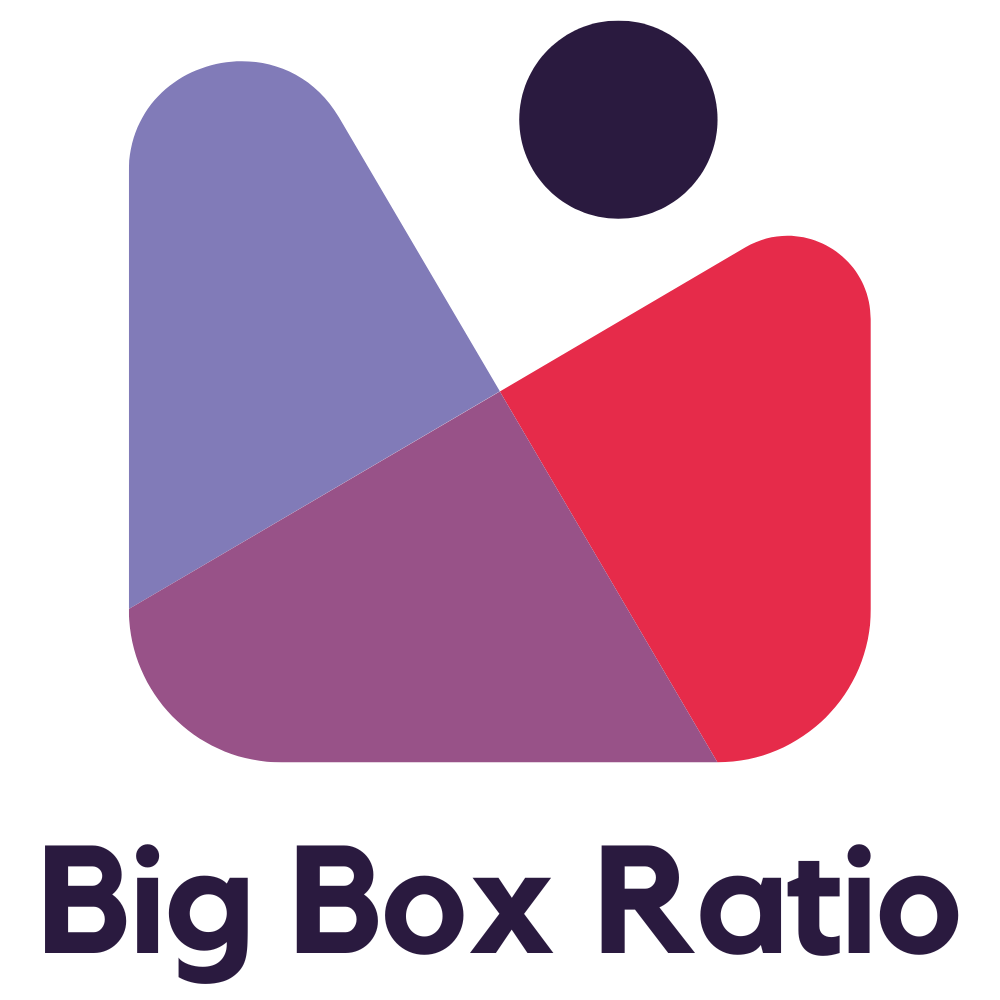In the rapidly changing world around us, technology is imbedding deeply into our ways of living, working, learning and leisure. From smart homes to digital classrooms, technology has changed virtually every aspect of our daily lives. While technology has brought some efficiencies, the digital revolution has fundamentally changed how and why we consume, interact and connect.
Embracing Smart-Working
Many changes have occurred due to the introduction of remote working and the full advent of technology-related tools worldwide. Employees with such tools have been able to work together, regardless of the time zone, directly from their homes through cloud computing and video conferencing software. Today’s companies use these same tools and are also writing off the office altogether, with many companies offering flexible working hours instead of working in an office from 9 to 5. For many, the traditional work culture has paved the way for an output culture. Smart working has increased productivity and has led to higher levels of employee satisfaction. Workers with a better work-life balance, the employer realizes savings in areas such as office expenses, while the public benefits from a reduced carbon footprint due to the reduction of transportation to and from the workplace.
Digital Fun at Our Fingertips
Through technology, entertainment has evolved into a new paradigm offering unlimited entertainment options simply at the touch of a button. The availability of streaming and on-demand access to films, series, concerts, and more makes primetime TV feel like it is formatted for another time. One can now listen to millions of songs from the various music platforms without the drawback of waiting for the next radio commercial to end.
Gaming has evolved into a cultural phenomenon participated in by ludophiles all over the globe. Online you can find a large number of gaming platforms, from the latest to the more established realities such as Borgata Casino Online. In the latter case it is always advisable to read the rules of use: in the case of Borgata you can read here the terms and conditions, to make an informed and conscious choice. Social media and content creation platforms have also given users the power to create, share, and engage with entertainment in ways never seen before, redefining how we spend our leisure time.

The Rise of the Smart House
Smart technology is improving the way we live in our homes and making them more connected. A smart home allows homeowners to control many types of systems including lighting, heating, security systems, and home appliances, whether at home or away by their smart speaker or a smartphone app. In fact, it is possible to turn on your oven while still at the grocery store. Or you could check to see if you left the lights on after you’ve already left the house. Smart thermostats give you the option for a lot of different settings to choose from and can learn when you normally would like your temperature to adjust, and do it when you get home. This could save your energy and reduce your energy bills. Security systems now have options for motion detection, facial recognition, and real time notification, making homes safer now than ever before.
Education in the Digital World
Education is entering a new landscape with digital platforms and tools. The well-known classroom will now be supported or even replaced by video tutorials, online lessons, and learning apps. Electronic registers or smart books have made information now also available to students, teachers, and the administration. Digital platforms have allowed students to study from virtually anywhere in the world, which then opens access to educational opportunities that were previously not possible. Students have also shifted toward lifestyle blogs for study tips, reviews of courses, or sharing personal experiences geared toward learning, and together they contribute to forming communities around self-improvement and education. Technology made education not only more accessible, flexible, and enjoyable whether for formal education or lifelong learning, but education can now also be tailored to the needs and abilities of individual learners and learning styles.





